These are Africanized Honey Bees, an aggressive hybrid of the European Honey Bee. They are also known as “Killer Bees.” This name, however, is a bit sensationalized. Africanized bees are less tolerant of disturbances than their purebred European cousins, but they do not seek out people to kill.
A sure sign that you are dealing with hybrid bees is a hive in an unusual location. European Honey Bees typically build their hives in a hollow tree or some similar above ground cavity. Africanized bees, on the other hand, will often build their hives in the ground as is the case in these pictures.
These bees have chosen a cast iron water pipe for their home, and on the day I found them they were busy coming and going. The grass all around the hive had been been left uncut and allowed to grow up tall. The landscapers obviously knew what kind of bee they were dealing with here.
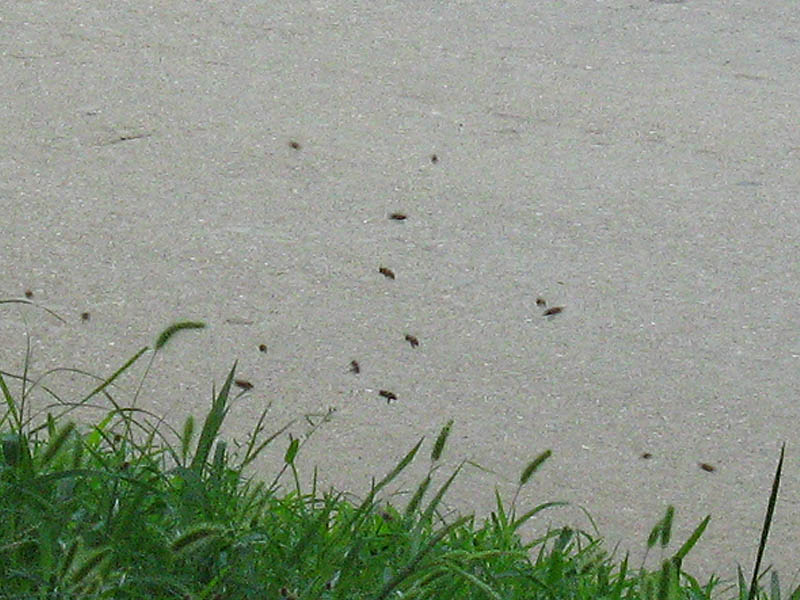
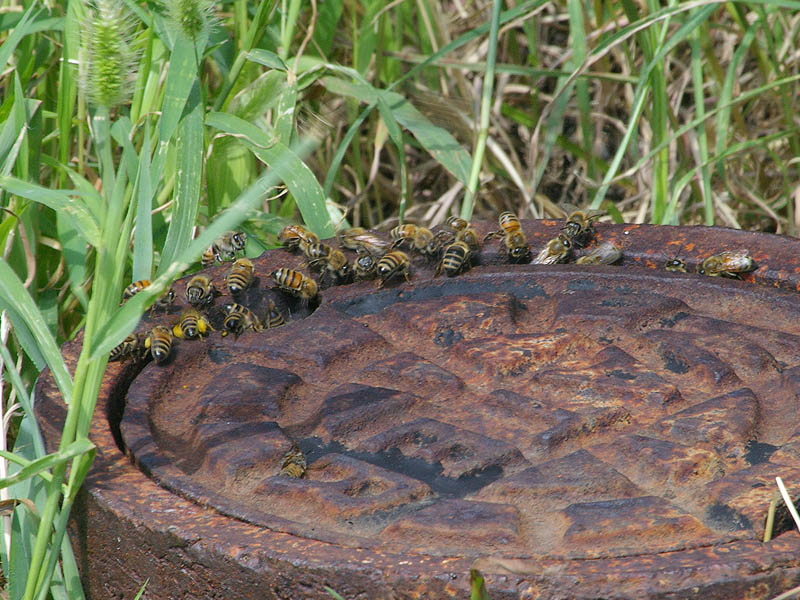
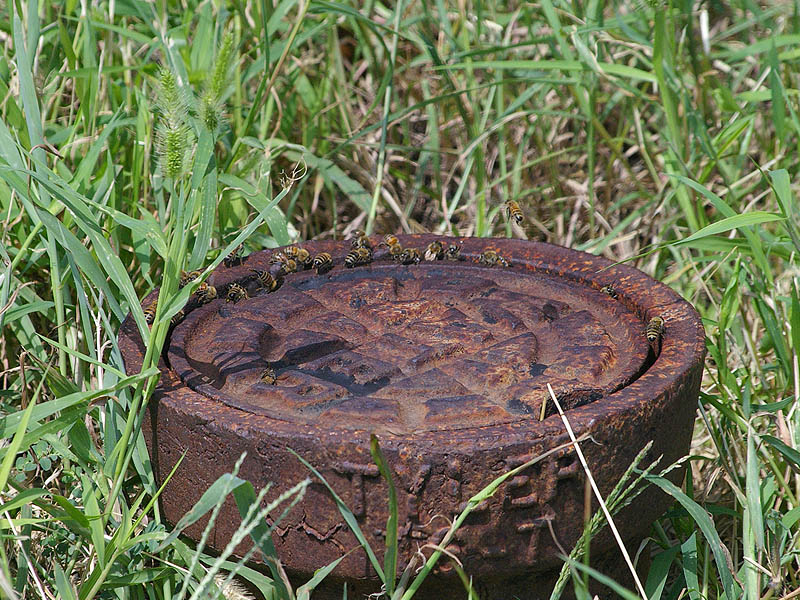
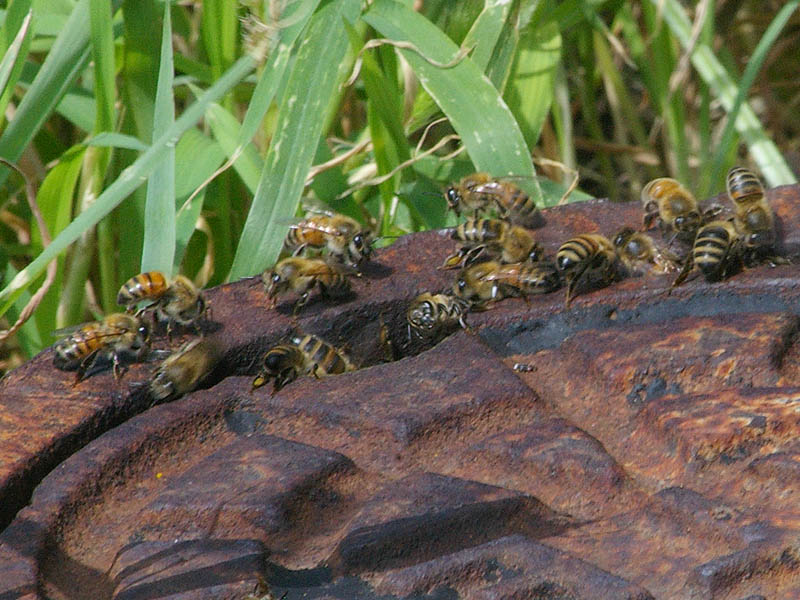
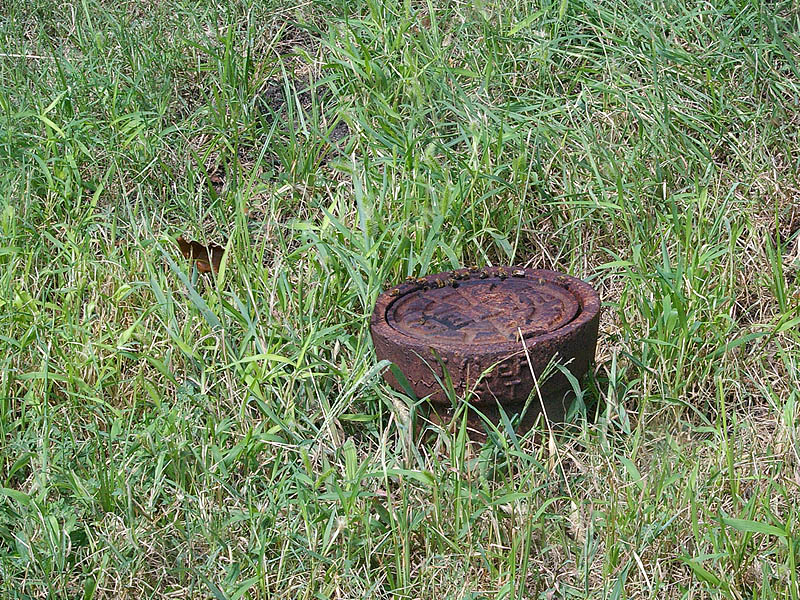
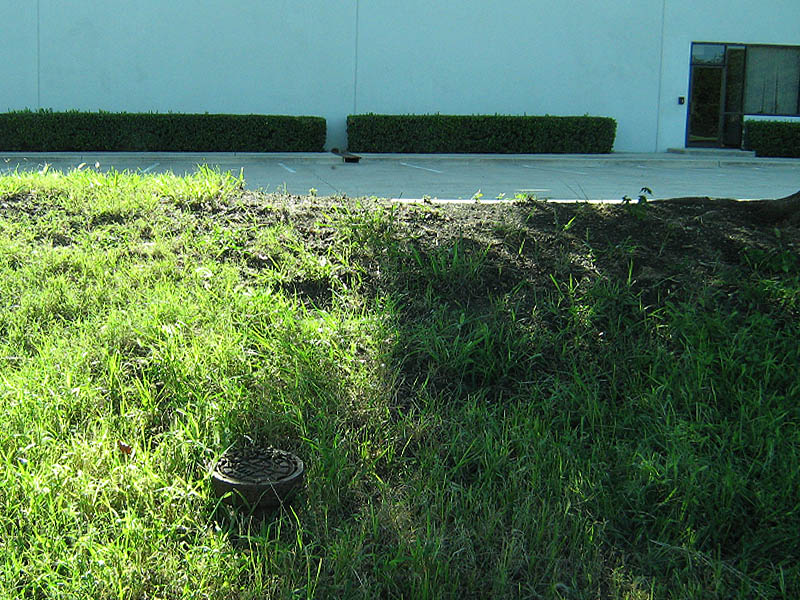
Observations Details
| County | – | Dallas |
|
| City | – | Garland | |
| Date | – | Aug 23, 2009 | |
| Time of Day | – | Afternoon | |
| Temperature | – | Hot (greater than 89°F/32°C) | |
| Weather | – | Clear | |
| Habitat | – | Commercial-Business Park | |
| Type of Behavior | – | Working | |
| Gender | – | Female | |
| Maturity | – | Adult | |
| Observer | – | Chris Jackson | |
| Main Article | – | Honey Bee | Observation Location |


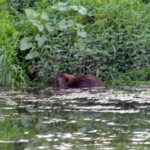
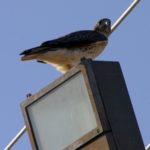
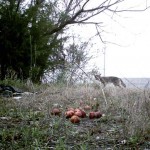
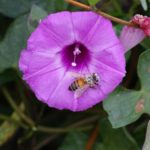
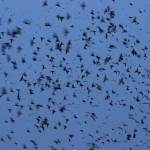
Chris, I wonder whether or not these are Africanized bees. Many years ago, long before Africanized bees came to the U.S., I saw bee hives in cliff crevices and caves, an old culvert, inside the walls of houses, in an abandoned privy (down in the pit) and even in a crack that had formed in the deep Houston Clay soil of old East Dallas back in the fifties drought.
There is no way to tell Africanized bees from regular European bees without genetics tests, though extremely aggressive behavior is certainly suggestive. Having a hive in a water pipe just seems within the possibilities of hive sites for bees to me.
David, its a fair point. The distinction has to be inferred, and without the genetics test you can only have a degree of certainty. In this case the bee hive was in a some what unusual location, but the bees were not unduly aggressive with me. I corresponded with an entomologist at tamu before I posted this, and it was his opinion that they were most likely Africanized. I deferred to his judgement.
The point may be mute with wild bees in North Texas these days… I just did a quick Google search and found this comment by Texas A&M entomologist Dr. Mike Merchant… He says,”all bees in North Texas are, in part, Africanized. Local European bees have interbred with Africanized ones.”